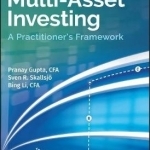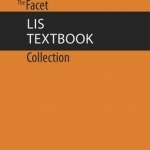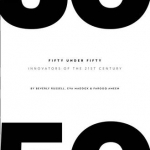
Case Files Anesthesiology, 1st Edition
Medical and Education
App
“The book targets medical students, but even junior anesthesia trainees would find it very...

Manufacturing and Managing Customer-Driven Derivatives
Book
Manufacturing and Managing Customer-Driven Derivatives Manufacturing and Managing Customer-Driven...

Multi-Asset Investing: A Practitioner's Framework
Pranay Gupta, Sven R. Skallsjo and Bing Li
Book
Despite the accepted fact that a substantial part of the risk and return of any portfolio comes from...

The Facet LIS Textbook Collection
David Bawden, Alison Jane Pickard, Lyn Robinson and Karen Calhoun
Book
The Facet LIS Textbook Collection contains ten core textbooks for students studying library and...

Tamil Note Taking Writer Faster Typing Keypad App
Productivity and Utilities
App
The Tamil Note Book app is an amazing application that allows you to take notes in Tamil! This is...

50 Under 50: Innovators of the 21st Century
Eva Maddox, Beverly Russell, Farooq Ameen and The Images Publishing Group
Book
Features design innovations that have become the visual models for idea advancement worldwide. "...a...

iStudiez Pro Legendary Planner
Productivity and Education
App
This is one of the apps you’ll really USE in your daily school life. See how your grades go up as...

Stop, Breathe & Think
Health & Fitness and Education
App
Stop, Breathe & Think is an award winning meditation and mindfulness app that helps you find peace...

Vocabulary.com
Education and Reference
App
With its uniquely effective word learning system, the Vocabulary.com app helps you master words...
